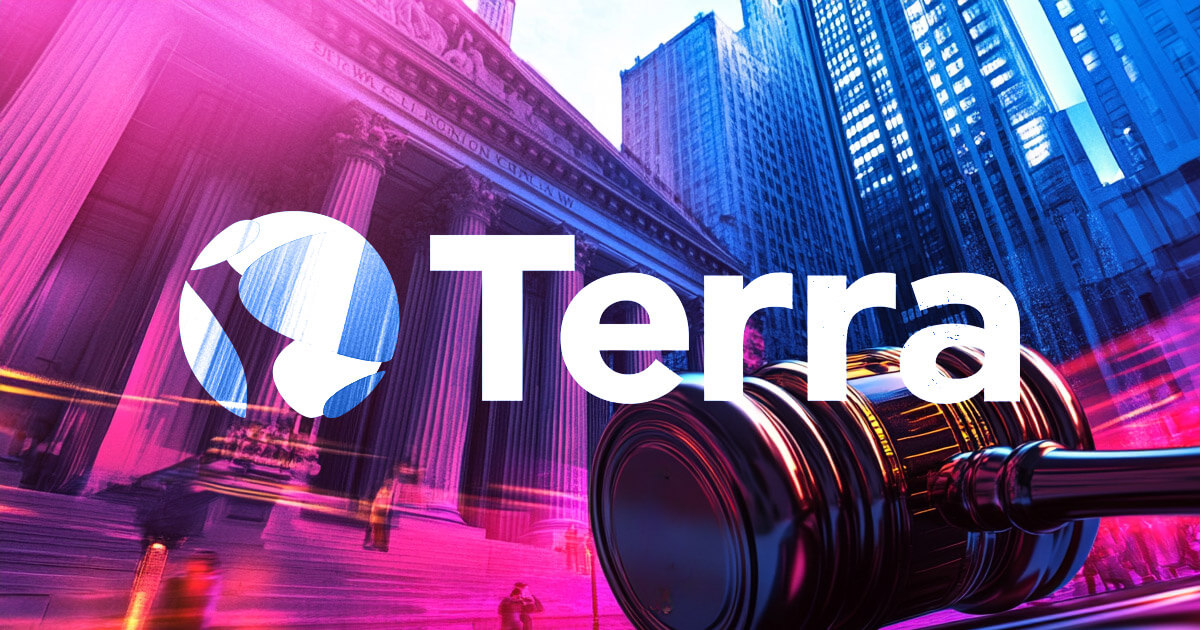The recent decision by the United States Securities and Exchange Commission (SEC) to approve spot Ethereum exchange-traded funds (ETFs) is placing considerable pressure on South Korean financial regulators to revisit their policies on digital assets.
This move comes on the heels of the SEC’s earlier approval in January 2024 of Bitcoin ETFs, signaling a significant shift towards integrating digital currencies within the framework of traditional finance.
Implications for Ethereum and Other Digital Asset Investors
On May 24, 2024, the SEC approved the creation of ETFs for Ethereum, the world’s second-largest cryptocurrency, following its earlier approval of Bitcoin ETFs in January 2024. This approval is seen as a significant victory for digital asset investors and developers, paving the way for further integration of digital assets into traditional finance.
Matthew Sigel, Head of Digital Assets Research at VanEck, indicated that these developments are likely to herald further advancements for investors and developers within the digital asset sphere. ETFs, which are financial tools that allow investors to engage with a collection of securities, are increasingly bridging the gap between conventional financial systems and the burgeoning digital asset industry.
In South Korea, however, the Financial Services Commission (FSC) and the Financial Supervisory Service (FSS) maintain a more cautious stance compared to their American counterparts.
The FSC, a governmental body overseeing financial institutions and markets, insists that ETFs comply rigorously with the Capital Markets Act. This legislation mandates that ETFs be linked exclusively to traditional underlying assets like securities, international currencies, and commodities—elements foundational to financial derivatives.
Criticism of South Korean Policies
The Financial Services Commission, a government agency responsible for overseeing and regulating financial institutions and markets in South Korea, issued a new update to the Virtual Asset Users Protection Act in early February.
However, the Korea Times reported that Xangle, a leading digital currency data provider based in Seoul, criticized the ban on digital assets in the traditional securities market as outdated, arguing that it needs revision to accommodate the growing significance of digital assets in modern finance.
Jung Eui-jung, head of the Korean Stockholders’ Alliance, echoed this sentiment, emphasizing the urgency for Seoul to emulate the U.S. by approving Bitcoin and Ethereum ETFs. He expressed concerns that continued regulatory hesitance could prompt investors to transfer their capital to more progressive U.S. markets, potentially positioning the U.S. as a leader in the trading of other, less commonly traded cryptocurrencies.
The process to enable spot Ethereum ETFs to commence trading in the U.S. involved the SEC’s approval of the 19b-4 form, followed by the activation of S-1 registration statements. This review process, which is expected to include several iterations between the SEC and potential issuers, could extend over several weeks.
Legislative Support for Crypto Regulation
Adding to the regulatory momentum, the U.S. House of Representatives recently passed the Financial Innovation and Technology for the 21st Century Act (FIT21), the first legislation of its kind to be considered by the House.
The bill, which passed with a vote of 279 to 136, aims to provide comprehensive regulation of the crypto industry. It particularly empowers the Commodity Futures Trading Commission (CFTC) with enhanced authority and funding to oversee crypto assets classified as digital commodities.
This legislative victory is perceived by many in the crypto community as a pivotal political triumph. The shifting regulatory landscape is expected to reassure institutional investors, increasing their comfort level with investing in crypto and related financial instruments, including stocks linked to Bitcoin.
At the time of publication, the market response to these developments was mixed, with Ether experiencing a slight increase of 0.69% over the past 24 hours to $3.753,09, while Bitcoin saw an increase of 0,98% to $69,221. This fluctuation underscores the ongoing evolution of the market as it responds to an ever-changing regulatory environment, suggesting a cautious optimism among investors as they navigate the new terrain.
Credit: Source link











.jpg)



































